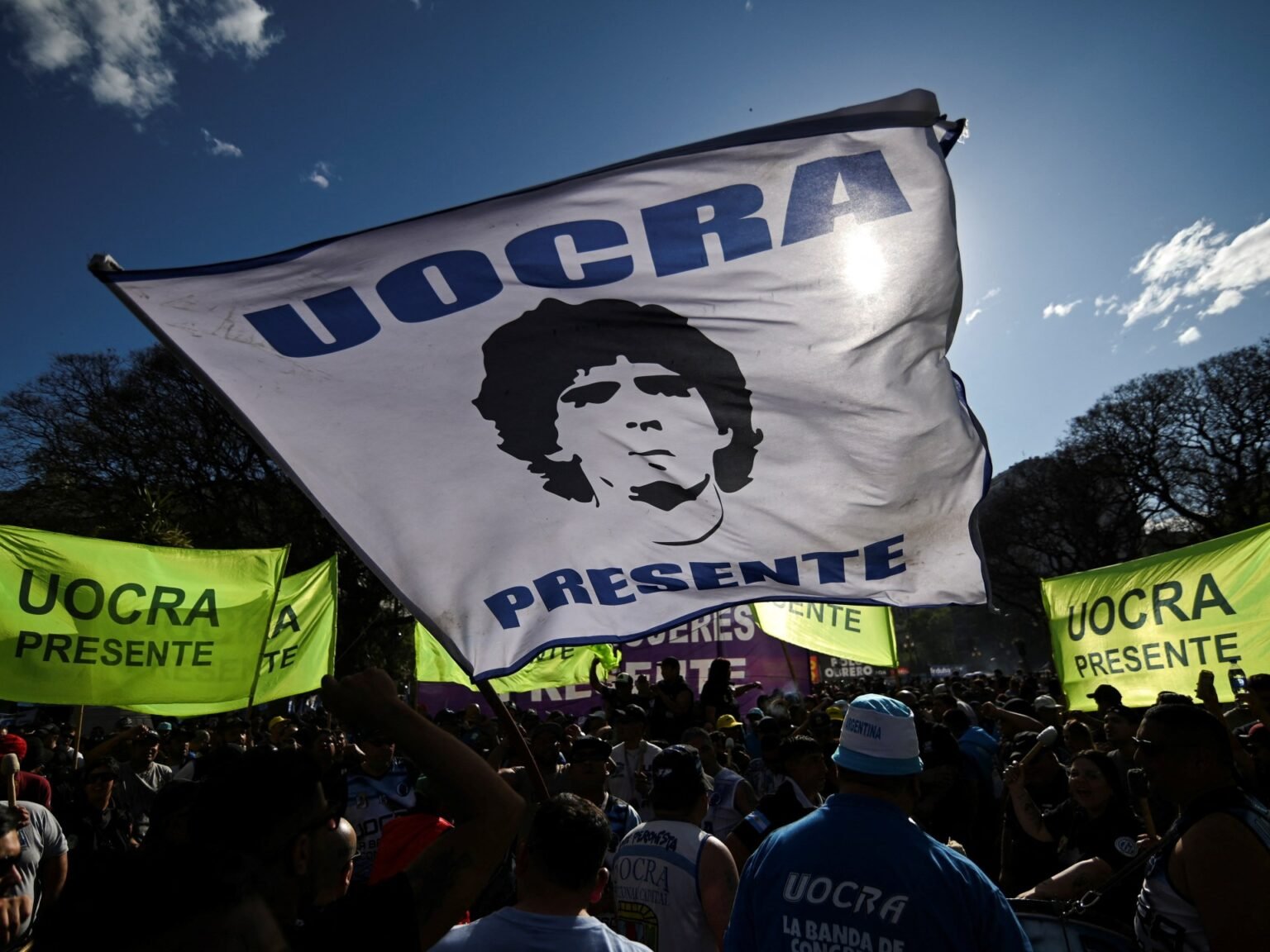President Milei of Argentina has recently vetoed a law that would have significantly increased funding for free public universities in the country, sparking outrage among students and educators. The law was proposed to combat the high inflation rates in Argentina, which are currently close to 240 percent year-on-year. Milei, who is known for his anarcho-capitalist beliefs and plans to reduce public spending, deemed the funding increase as unjustified and a threat to fiscal balance. Despite this veto, Congress still has the opportunity to push through the law with a two-thirds majority.
Following the veto, mass student protests erupted outside of Congress in Buenos Aires, with participants demanding more investment in the public education system. The demonstrators held up signs advocating for the importance of education, with slogans such as “How can we have freedom without education?” Many students and educators voiced their concerns about the potential negative impact on the quality of education at these public universities, emphasizing the vital role that the system plays in providing opportunities for higher education.
Supporters of public universities in Argentina are facing significant challenges, with some institutions struggling to cover basic expenses such as electricity bills and staff salaries. University leaders have voiced their concerns about the government’s systematic plan to dismantle public education, which they argue diminishes the quality of education and threatens the future of these institutions. President Milei’s austerity policies have already affected various sectors, including welfare, public works, and pensions, leading to increased economic hardship for a significant portion of the population.
Despite the economic challenges faced by Argentina, the importance of investing in education and ensuring access to quality higher education remains a priority for many citizens. The free public university system has long been celebrated for providing opportunities to students who may not have been able to afford higher education otherwise. The recent veto by President Milei and the subsequent protests highlight the ongoing debate surrounding the government’s role in supporting public education and the potential impact on the country’s future generations.
As the debate continues, it remains to be seen how Congress will respond to President Milei’s veto and whether the funding increase for public universities will be reinstated. The outcome of this decision will have far-reaching consequences for the future of education in Argentina and the opportunities available to students seeking access to higher education. The ongoing protests underscore the deep-rooted concerns about the prioritization of public spending and the impact on the quality of education provided by these esteemed institutions.

